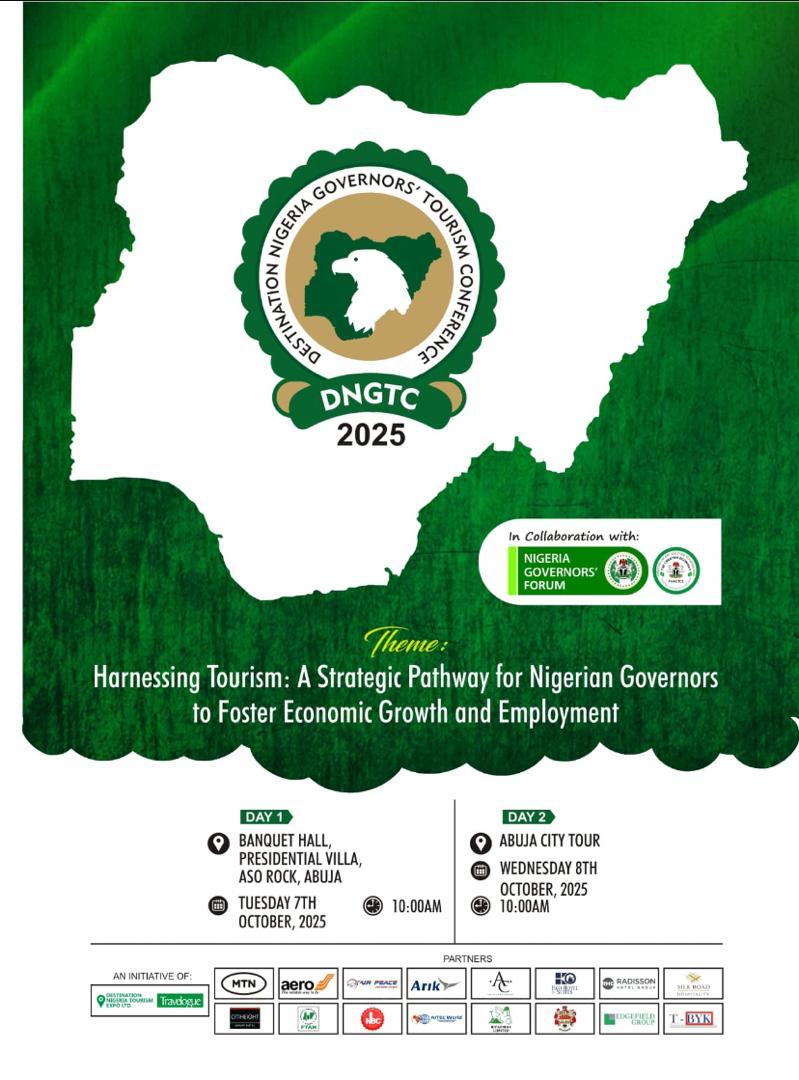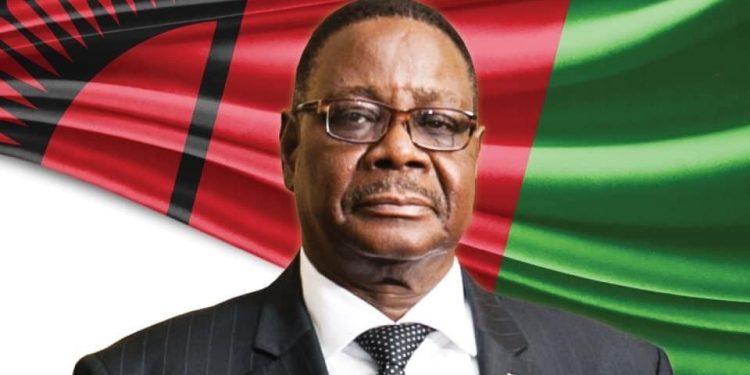The European Union Commission has congratulated Peter Mutharika on his election as Malawian President and commended the people and their political forces for their strong attachment to democracy.
The Commission, in a statement released by the Spokesman also hailed them for their effortless commitments as demonstrated in the run-up to the elections, during Election Day on 16 September and its aftermath.
The Union welcomed that voting took place in a calm and peaceful manner and commends the work of the Malawi Electoral Commission for ensuring competitive, well managed elections.  “At the invitation of Malawian authorities, the EU deployed an Election Observation Mission which has already presented its preliminary report and will propose detailed recommendations to further bolster the electoral process.
“At the invitation of Malawian authorities, the EU deployed an Election Observation Mission which has already presented its preliminary report and will propose detailed recommendations to further bolster the electoral process.
The Commission reiterated its commitment to continue supporting Malawi on its path to reforms and to continue strengthening its relations with this much valued partner.
Malawi’s former president Peter Mutharika won this month’s presidential election, as voters rejected incumbent Lazarus Chakwera after five years of worsening economic crisis in one of the world’s poorest countries. Report has it that Mutharika secured more than 56% of valid votes, enough to win in a first round of voting, compared to 33% for Chakwera, the electoral commission said on Wednesday.
Report has it that Mutharika secured more than 56% of valid votes, enough to win in a first round of voting, compared to 33% for Chakwera, the electoral commission said on Wednesday.
Five years after being voted out in 2020, the former president has returned as head of state, clinching a clear victory even when opinion polls signaled the inevitability of a runoff.
It is a dramatic reversal of fortune because Mutharika, not only reclaimed power from Lazarus Chakwera of the Malawi Congress Party (MCP), but also set a political record of twice defeating incumbents, a wave blowing across Africa in recent years.
Report further said the pre-election surveys by the Institute of Public Opinion and Research (IPOR) consistently showed Mutharika ahead of Chakwera.  In the initial opinion survey, the President-elect polled 43 percent compared to Chakweras 26 percent, a 17-point lead that, while narrowing slightly in subsequent polls, remained substantial.
In the initial opinion survey, the President-elect polled 43 percent compared to Chakweras 26 percent, a 17-point lead that, while narrowing slightly in subsequent polls, remained substantial.
Analysts also predicted a runoff, arguing that no candidate would reach the 50 percent plus one vote (50%+1) threshold without meaningful alliances.
Yet when ballots were counted, the narrative shifted: Of the 7.2 million registered voters, about 5,502,982 turned up at polling stations.
Mutharika secured 3,035.249 votes representing 56.8 percent of total valid votes cast — surpassing the 50%+1 threshold outright while Chakwera got 1,765,170 votes, representing 33.0 percent of the total valid votes cast.
EU congratulates Peter Mutharika as elected Malawian President
Please login to join discussion











